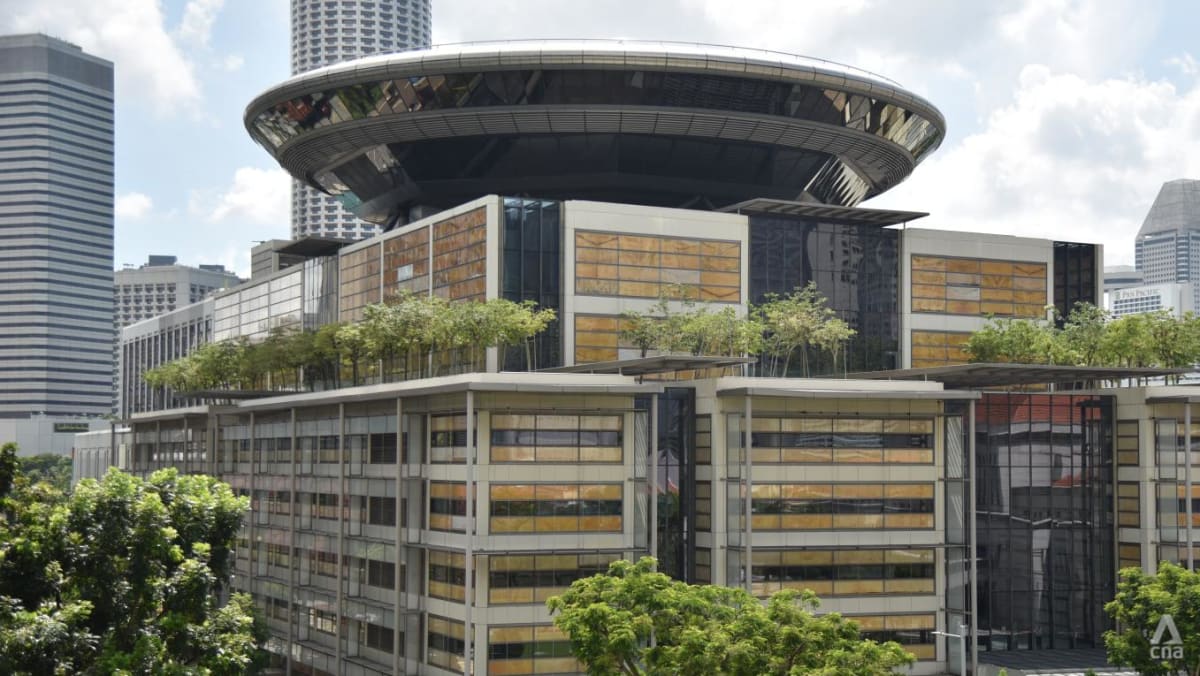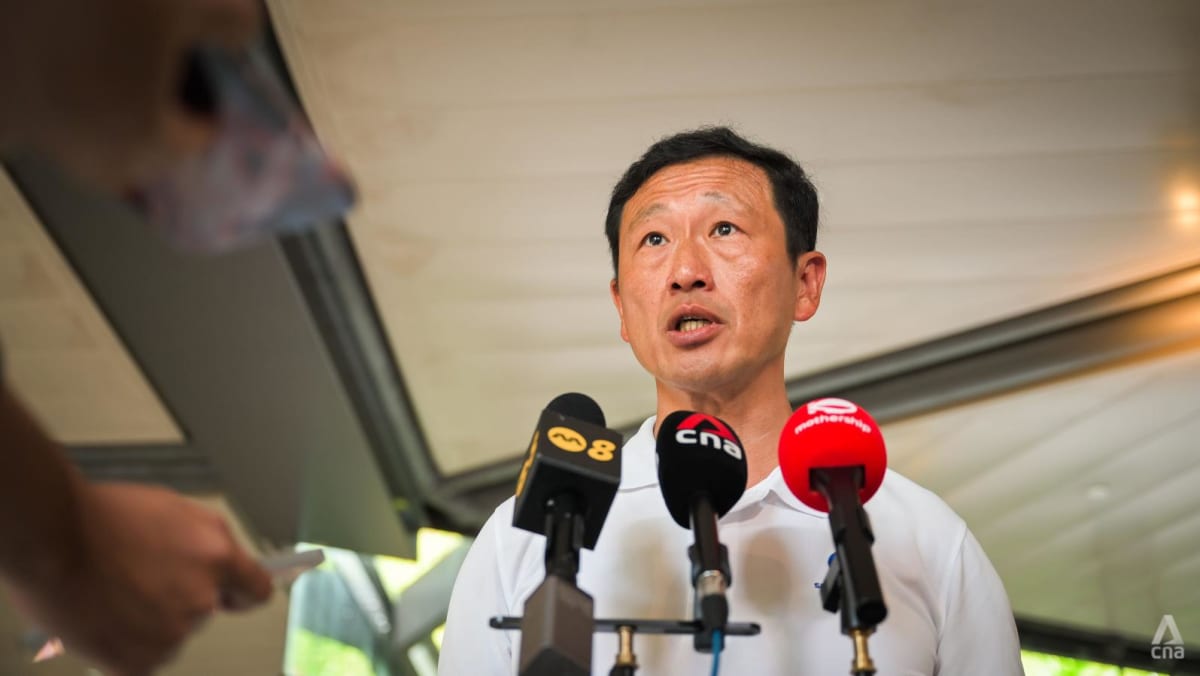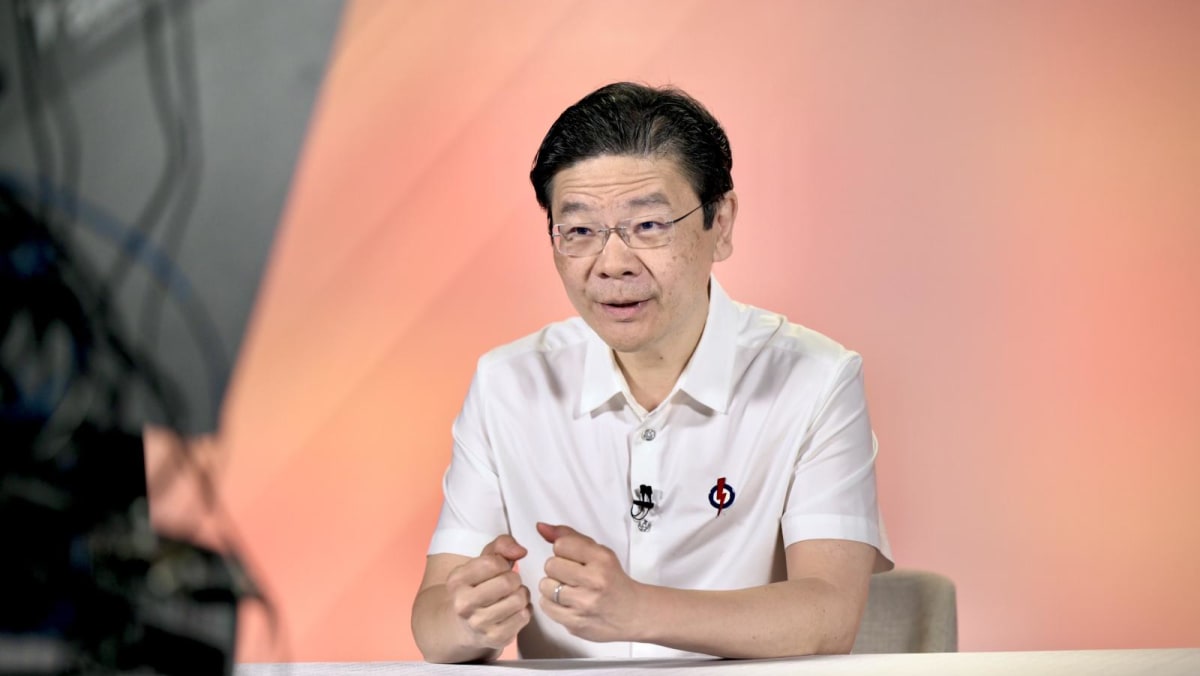People who abuse court processes could be liable for contempt under new Bill

CASES THAT ABUSED COURT PROCESS
The courts in Singapore have in recent years called out conduct that abuses the court process.
In January 2023, a man who filed two lawsuits against a woman who rejected him romantically had one of the applications thrown out by a deputy registrar of the Magistrate’s Court.
In a judgment, the deputy registrar called K Kawshigan’s civil suit an abuse of process, finding that the applicant had initiated the action with the “ulterior motive of vexing or oppressing” the woman.
In another case, two lawyers who acted for a Malaysian drug trafficker in an eleventh-hour attempt to stop his execution were ordered to pay S$20,000 (S$15,309) in costs to the Attorney-General’s Chambers (AGC) in May 2022.
The Court of Appeal found that the way that lawyers M Ravi and Violet Netto had conducted the case had been a blatant and egregious abuse of the court process.
Also in 2022, a High Court judge rejected a drug trafficker’s application for leave to commence judicial review against the AGC, saying that Mohammad Farid Batra had been trying to game the judicial system by delaying the sentence of caning until he turned 50. He cannot be caned if he is 50.
In deciding on the amendments, MinLaw said it had consulted those involved, including the judiciary.
The proposed changes will cover all court proceedings in Singapore and will include those who:
- Conduct or commence a court proceeding, while knowing that the application involves a deception on the court, or uses the court process for an ulterior motive
- Conduct or commence multiple or successive court proceedings, which they know are without basis
The amendments will also make parties who abet such conduct liable for contempt of court. For example, those who encourage parties to file a court application for nefarious purposes from behind the scenes.
MinLaw said, however, that individuals or lawyers who act with the genuine belief that their cases have merit, will not be penalised.
The court will examine the circumstances of the case before deciding on whether an act constitutes contempt.
Source: CNA















